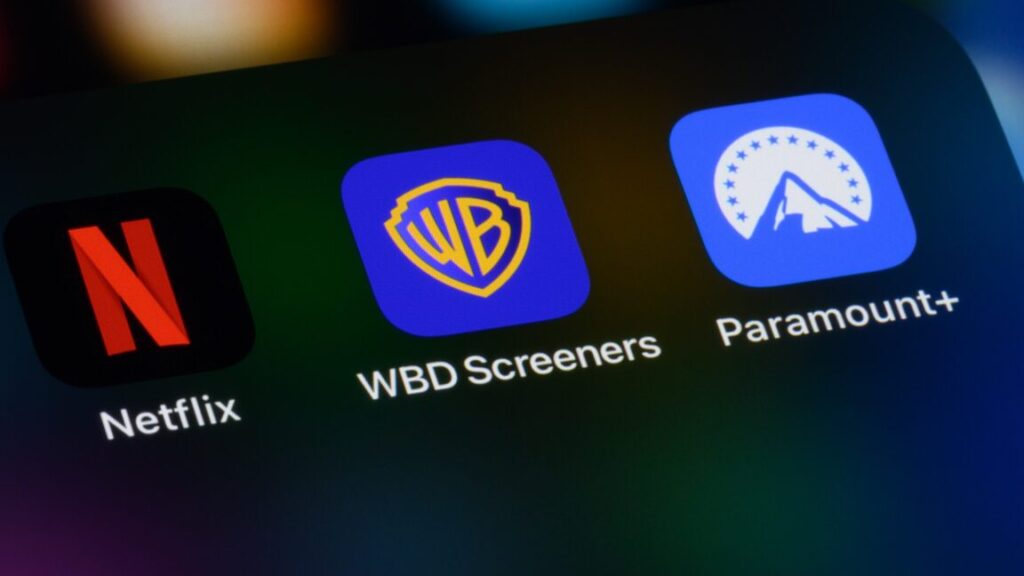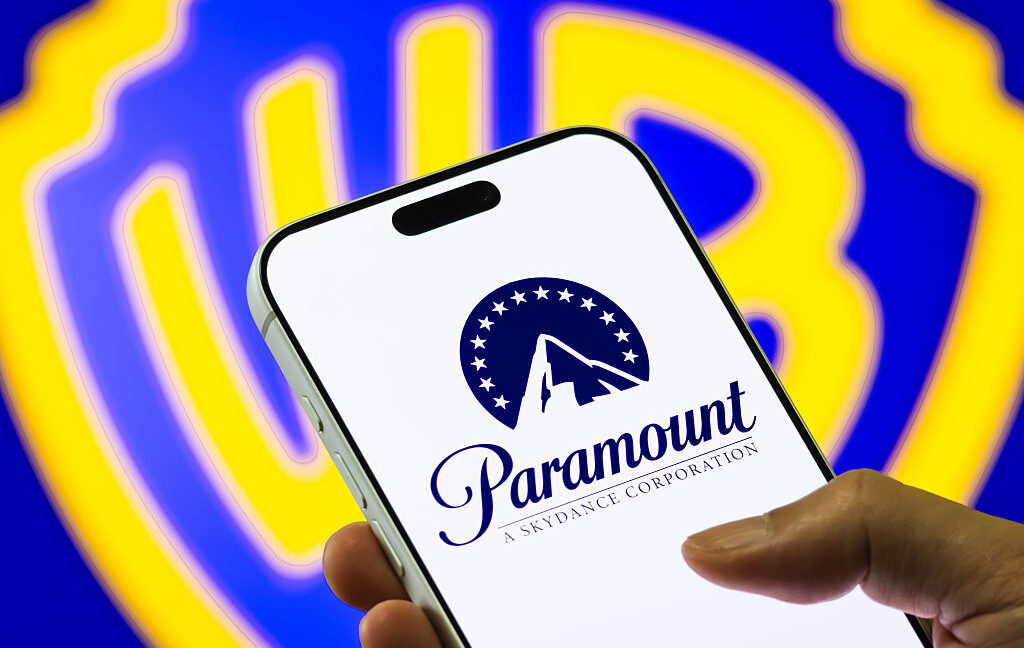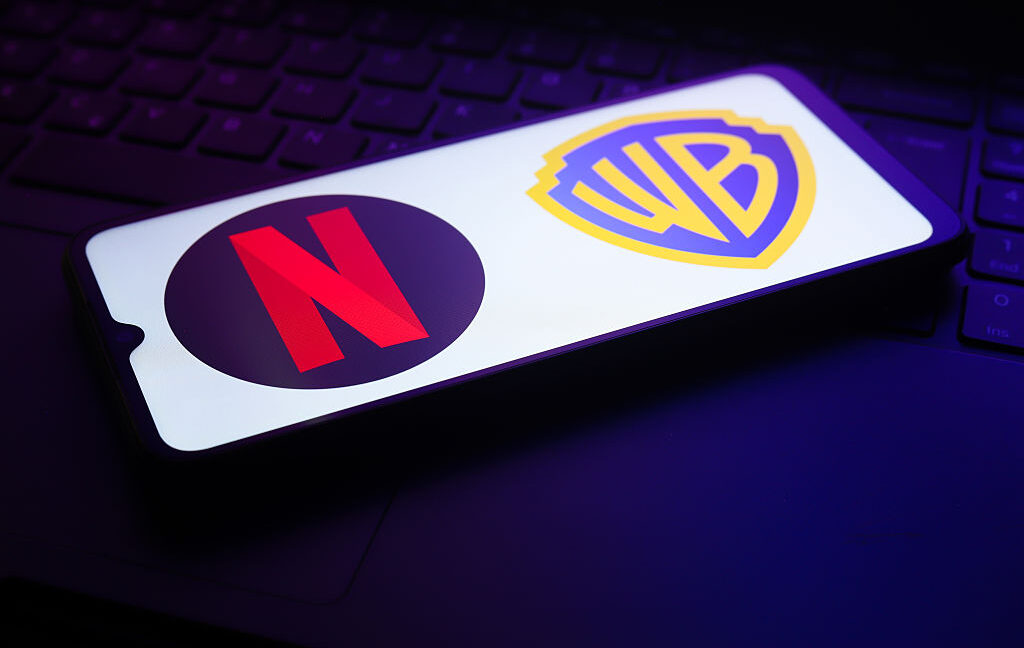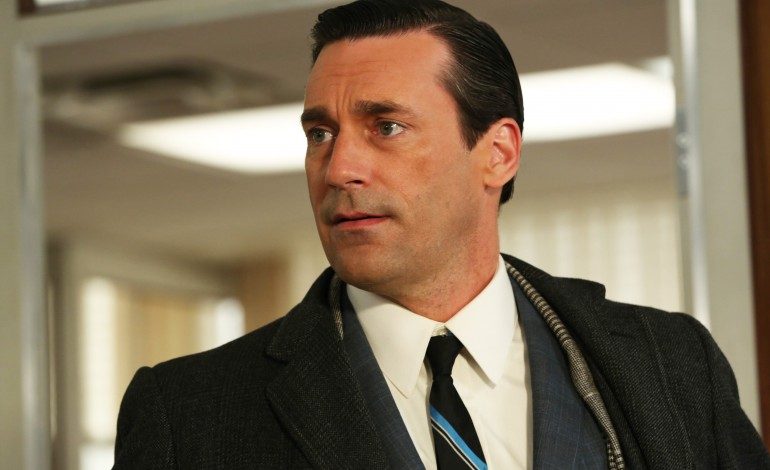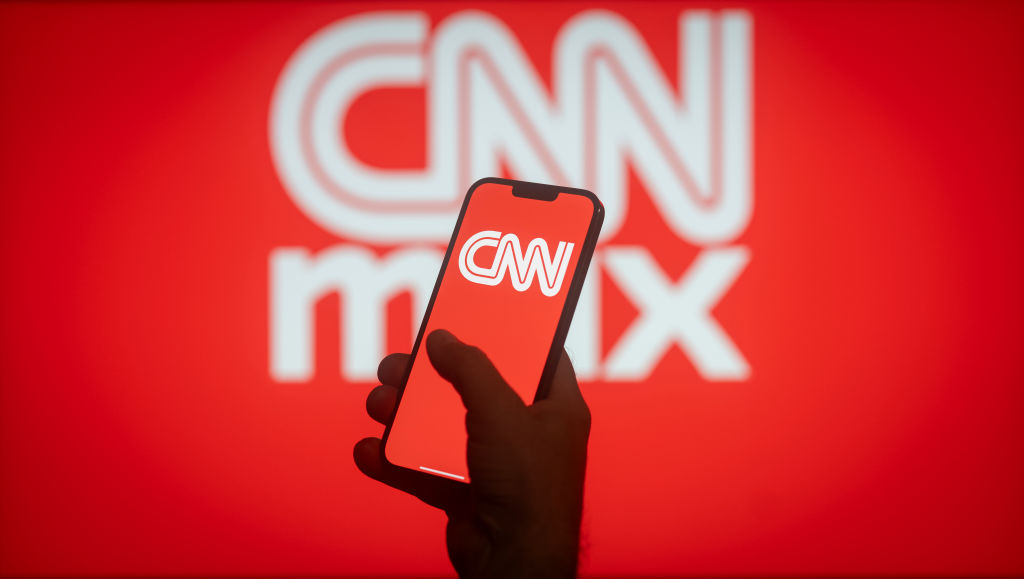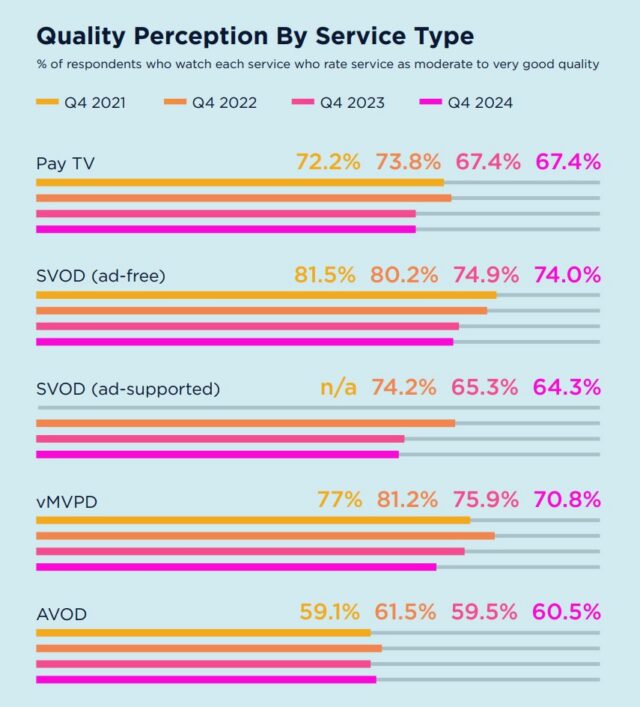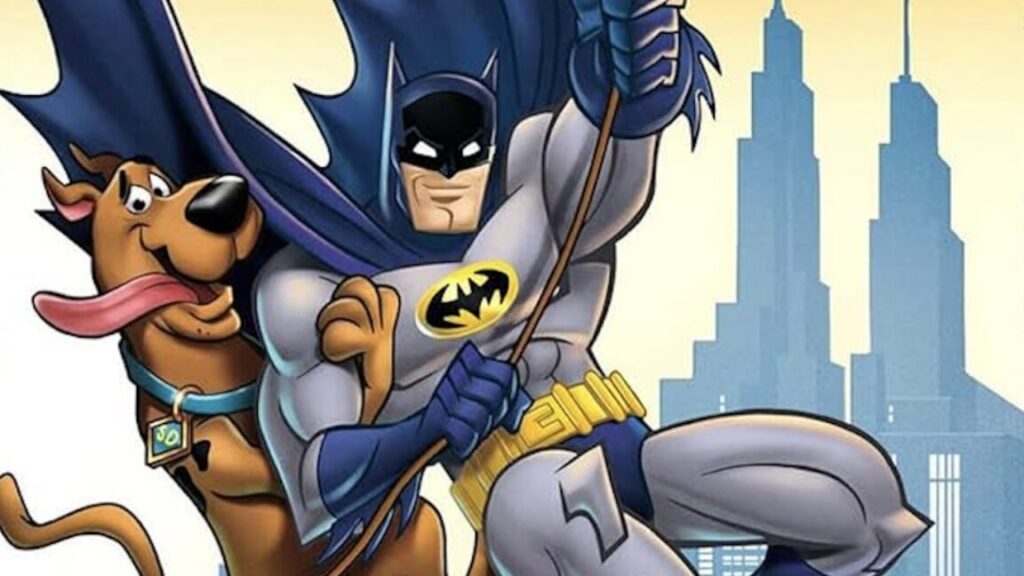Paramount sues WBD over Netflix deal. WBD says Paramount’s price is still inadequate.
Paramount Skydance escalated its hostile takeover bid of Warner Bros. Discovery (WBD) today by filing a lawsuit in Delaware Chancery Court against WBD, declaring its intention to fight Netflix’s acquisition.
In December, WBD agreed to sell its streaming and movie businesses to Netflix for $82.7 billion. The deal would see WBD’s Global Networks division, comprised of WBD’s legacy cable networks, spun out into a separate company called Discovery Global. But in December, Paramount submitted a hostile takeover bid and amended its bid for WBD. Subsequently, the company has aggressively tried to convince WBD’s shareholders that its $108.4 billion offer for all of WBD is superior to the Netflix deal.
Today, Paramount CEO David Ellison wrote a letter to WBD shareholders informing them of Paramount’s lawsuit. The lawsuit requests the court to force WBD to disclose “how it valued the Global Networks stub equity, how it valued the overall Netflix transaction, how the purchase price reduction for debt works in the Netflix transaction, or even what the basis is for its ‘risk adjustment’” of Paramount’s $30 per share all-cash offer. Netflix’s offer equates to $27.72 per share, including $23.25 in cash and shares of Netflix common stock. Paramount hopes the information will encourage more WBD shareholders to tender their shares under Paramount’s offer by the January 21 deadline.
Before WBD announced the Netflix deal, Paramount publicly questioned the fairness of WBD’s bidding process. Paramount has since argued that its bid wasn’t given fair consideration or negotiation.
In his letter today, Ellison wrote:
We remain perplexed that WBD never responded to our December 4th offer, never attempted to clarify or negotiate any of the terms in that proposal, nor traded markups of contracts with us. Even as we read WBD’s own narrative of its process, we are struck that there were few actual board meetings in the period leading up to the decision to accept an inferior transaction with Netflix. And we are surprised by the lack of transparency on WBD’s part regarding basic financial matters. It just doesn’t add up – much like the math on how WBD continues to favor taking less than our $30 per share all-cash offer for its shareholders.
Additionally, Paramount plans to nominate board directors for election at WBD’s annual shareholder meeting who will fight against the Netflix deal’s approval. The window for nominations opens in three weeks, Ellison’s letter noted.
Paramount sues WBD over Netflix deal. WBD says Paramount’s price is still inadequate. Read More »

